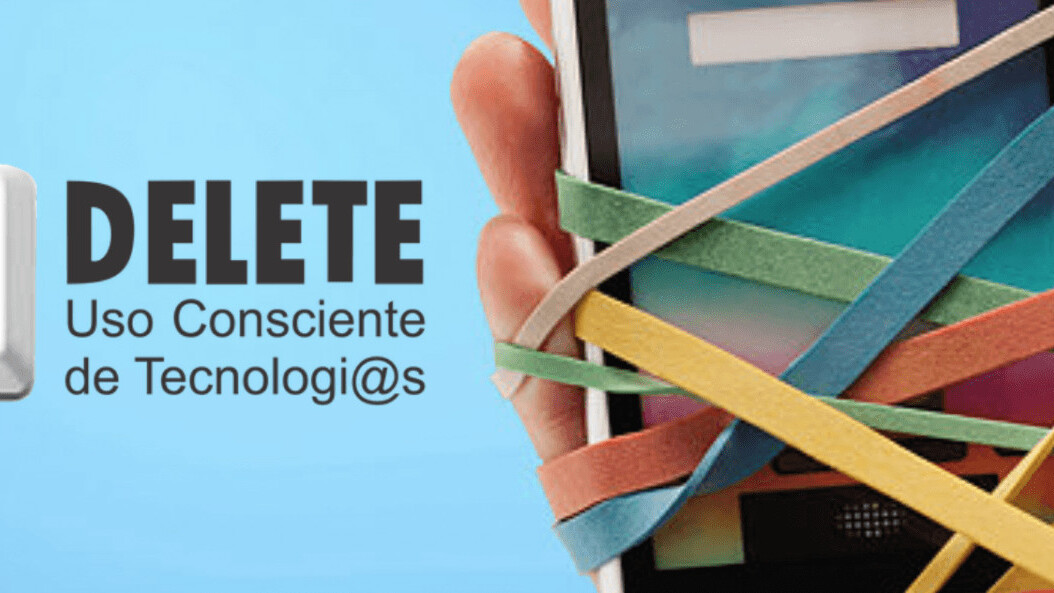
Internet addicts in Latin America can get a “detox” treatment at Instituto Delete in Brazil, a center focused on treating cellular and internet addictions.
For many of us, our cell phone is an extension of our hand. Whether that’s healthy or not remains in how that affects our lives — but for many people, it’s the cause of arguments, conflicts and could even result in losing a job.
The addiction is often referred to as nomophobia, joining the words “no,” “mobile,” and “phobia,” to explain an irrational fear when you don’t have access to cellular connection.
Instituto Delete was set up by the psychology department at the Universidad Federal de Rio de Janeiro in 2013 by psychologist Anna Lucia King. Its aim is to help those who are internet-dependent. The treatment focuses on finding a healthy way to use our mobile phones — not by completely erasing them from our lives, but instead by regulating their use.
Eduardo Guedes, researcher and counselor specialized in digital media at Delete, told La Nación, “The use becomes abusive when the virtual interferes with the real, when one loses control, that level of addiction is easy to fall into.”
When arriving at Delete, patients take a test to determine what kind of addiction they have and a professional evaluates whether they have any anxieties, social phobias or obsessive compulsive disorder. In the next step, patients are separated into three groups, depending on the level and type of addiction they have, and then receive personalized treatment.
Staff at the institute carry out weekly meetings where patients share their experiences and try out different exercises, such as watching a film or even reading a book without looking at their phones.
Patients also learn tactics to avoid over-using the device. Some cases even require medication, according to the report.
But the effects aren’t limited to psychology — some patients even develop neck problems from looking down at their phones too much, and need special treatment for that, too.
This may sound funny to some, but in a time where 77 percent of Americans own smartphones and spend an average of nearly 3 hours on them everyday, it’s an important issue and not something that should be taken lightly.
Delete is the first institute of its kind in the region, despite the fact that Brazil has the fourth highest internet usage worldwide. In the US, there are already various programs to help these kind of addictions, such as reSTART and Caron Treatment Centers, but such services are often lacking across the globe.
Nomophobia has not yet been listed as an official addiction or phobia by the Diagnostic and Statistical Manual of Mental Disorders, but it’s easy to see the effects that is has on people, especially young adults of the current generation.
Get the TNW newsletter
Get the most important tech news in your inbox each week.




